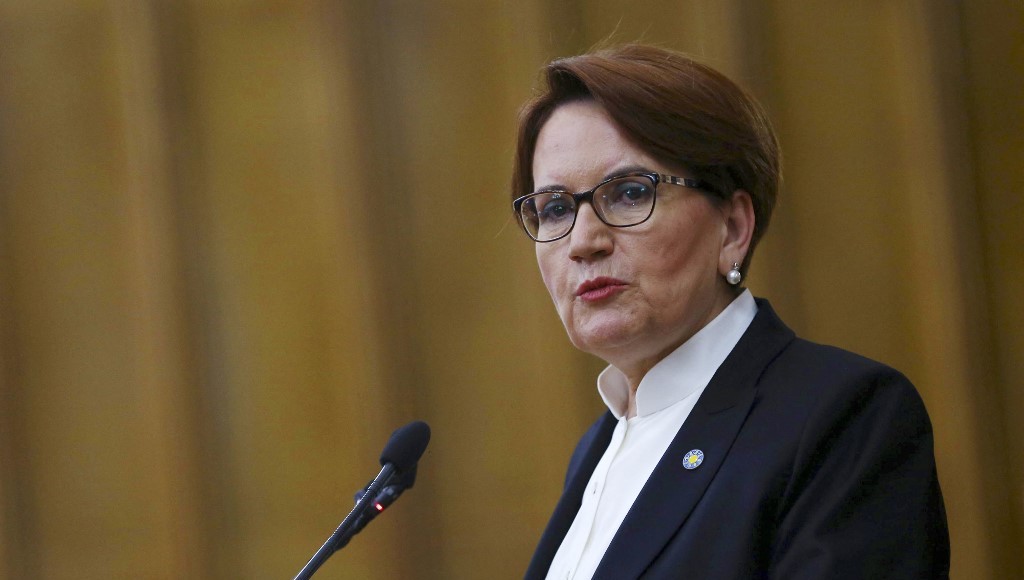Turkish prosecutors have decided to drop an investigation into a nationalist opposition leader over alleged links to the faith-based Gülen movement seven years after they launched the probe, in 2016, Deutsche Welle Turkish edition reported.
The Turkish government accuses the Gülen movement of masterminding a failed coup on July 15, 2016 and labels it a “terrorist organization,” although the movement strongly denies involvement in the coup attempt or any terrorist activity.
The investigation into nationalist İYİ (Good) Party leader Meral Akşener was launched by the Ankara Chief Public Prosecutor’s Office based on secret witness testimony. A confidentiality order was subsequently imposed on the investigation.
Veysel Kaçmaz, the deputy chief public prosecutor in Ankara, released a statement on Tuesday in which he announced that there were no legal grounds to further investigate the politician’s alleged links to the Gülen movement and that the testimony of a secret witness is not sufficient to prove Akşener’s links to the movement.
The prosecutor also said the investigation has found no credible evidence against Akşener showing her links to the movement.
İYİ Party spokesperson Kürşad Zorlu announced on X, formerly known as Twitter, that the prosecutor’s decision, which came seven years after the launch of the investigation into Akşener, is a slap in the face of people who tried to defame the politician using the investigation as a pretext.
Zorlu said although Akşener had requested multiple times to testify as part of the investigation, the prosecutors did not seek her testimony.
The investigation into Akşener over alleged Gülen links came to public notice in June 2019 when her lawyer, Hasan Seymen, made a public statement.
The lawyer said at the time that prosecutors imposed a confidentiality order on the investigation in May 2019 shortly after the March 31 elections when Akşener formed an election alliance with the main opposition Republican People’s Party (CHP).
The lawyer said his party would do its best to help the prosecutors while hinting that the investigation into Akşener was politically motivated.
Being a Gülen follower has been used by the Turkish government as a pretext to punish critics and non-loyalists.
Following the coup attempt, the Turkish government launched a massive crackdown on followers of the movement under the pretext of an anti-coup fight as a result of which more than 130,000 people were removed from state jobs while thousands of others were investigated on allegations of terrorism and jailed.
Akşener, a former ally of far-right Nationalist Movement Party (MHP) leader Devlet Bahçeli, parted ways with Bahçeli and established the İYİ Party in October 2017 as an alternative for nationalists and center-right Turkish voters.
She set up an election alliance with the CHP before the parliamentary and presidential elections in 2018 that continued to this year’s elections.
The İYİ Party was a part of the six-party opposition alliance that also included the CHP and supported the candidacy of CHP leader Kemal Kılıçdaroğlu against incumbent president Recep Tayyip Erdoğan.
Erdoğan defeated Kılıçdaroğlu in a runoff election on May 28.



